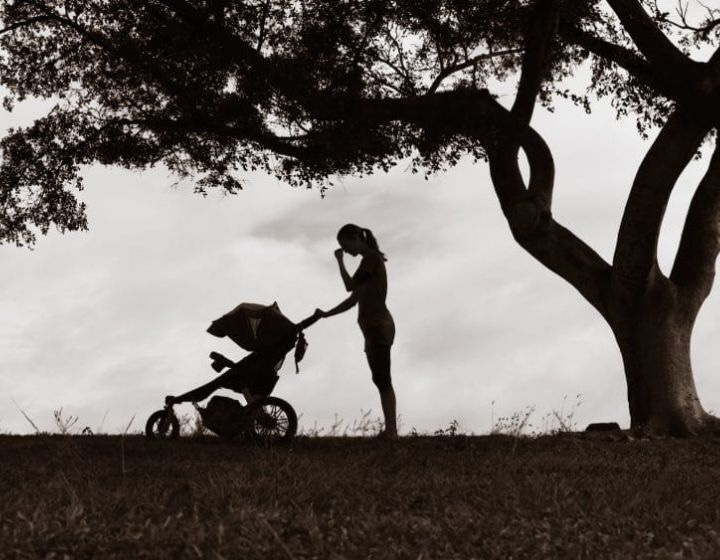
“I wasn’t panicked anymore, but I also wasn’t laughing” – A journey from baby loss, through postnatal anxiety to becoming a counsellor.
When I first shared my story of loss and love after our baby girl was delivered stillborn six months into my pregnancy, I believed the hardest part of my motherhood journey might be behind me. After a year of trying to conceive, I was ecstatic to discover I was finally pregnant again at the end of 2019. I carried both hope and a quiet grief into that pregnancy. When our daughter arrived during the height of COVID restrictions, I felt immense relief holding a living baby in my arms. But the healing I had imagined didn’t unfold the way I expected. The early weeks passed smoothly, but soon a darker, harder-to-explain experience began to take hold.
Read more: “No Heartbeat”: The Grief of Losing My Unborn Baby
When joy turns to fear
This time, there was no cremation, no obvious loss. But I was far from family, caring for a newborn in lockdown, with two older children also needing me. We were also navigating a very tragic event in our business, which added another layer of emotional weight. Slowly, everything got heavier and heavier. What started as a low-level unease became a constant fear. I did what many people do: I kept going. I cared for the baby, managed the day-to-day of life and our business, and stayed outwardly highly functional. But inside, I was unravelling.
Eventually, the anxiety became impossible to ignore. I experienced intense vertigo, stopped leaving the house and developed an overwhelming fear that something was terribly wrong. Multiple medical visits ruled out physical causes, and I was eventually diagnosed with postpartum anxiety. It is often overlooked, even though it is as debilitating and persistent as postpartum depression, which is more commonly recognised. For me, the anxiety was relentless. I was barely sleeping due to insomnia, and exhaustion made everything worse. With all other medical treatment paths ruled out, I eventually accepted medical treatment in the form of antidepressants, which are often used to treat anxiety as well.
Read more: Where To Go For Counselling & Therapy In Singapore
The Numbness of Survival
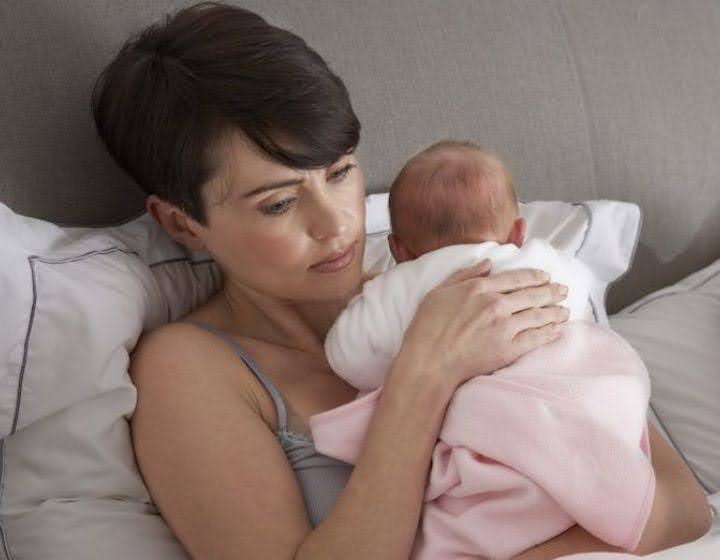
The first antidepressant I tried left me feeling worse and I began to spiral further, it was an intensely difficult and traumatic period. But eventually, a second option helped me sleep – the first real rest I’d had in months. Over the next four months, I noticed that the medication dulled the sharpest edges of my anxiety, but it also dulled everything else. I wasn’t panicked anymore, but I also wasn’t laughing. I didn’t feel like myself. I attempted several times to come off the medication, but each time, anxiety came crashing back. I cycled through trying to taper, then increasing the dose again. It was a constant rollercoaster that left me in despair.
At the same time, I began independently researching the role of hormones in mental health. When I stopped breastfeeding, I hoped my body would naturally rebalance, but it didn’t. Something still felt off, not just mentally, but physically. I couldn’t shake the sense that my symptoms were rooted in something more than just my brain.
Read more: Postpartum Anxiety and Mental Health: Struggling with Societal Stigma in Singapore
A turning point: Listening to my body
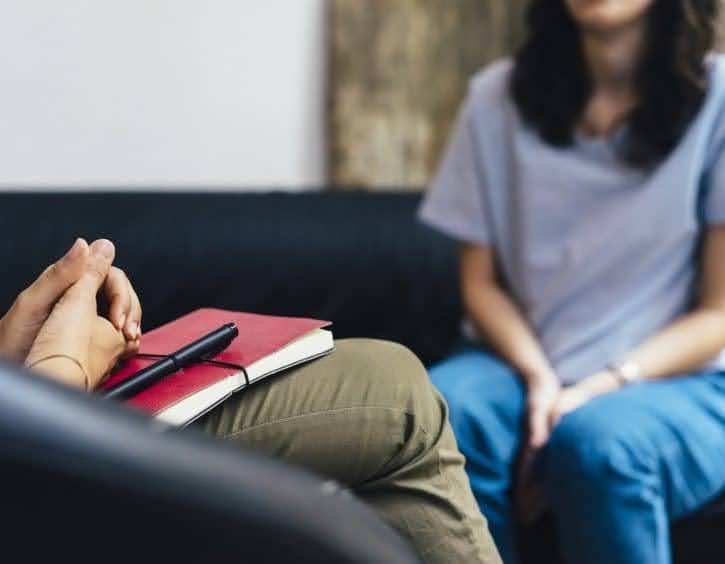
When our daughter was two, I decided to seek help from a doctor who specialised in hormonal health. Testing revealed that my oestrogen levels were extremely high while my progesterone was almost non-existent. Progesterone is known to be a natural mood-balancer with calming, anti-anxiety effects and she commented on given the teeny amount in my body, how unsurprising it was that I had been feeling so awful. I began supplementing with progesterone under medical supervision. Within weeks, the haze began to lift. After a few months, for the first time since giving birth, I felt a sense of calm return. The constant hum of dread in my body finally quieted.
This shift allowed me to begin tapering off antidepressants slowly and with a better outcome. I was also in therapy during this time, working with a therapist whose support became instrumental to my recovery. She didn’t just validate my experiences; she helped me understand them, offered tools to navigate them, and held space in a way that allowed me to come back to myself. She also reminded me that I was the expert of my own body and experience and encouraged me to trust that inner knowing and advocate for what I felt was right for me. That combination of medical, emotional and psychological support became the foundation of my healing.
It is important to acknowledge here that everyone’s medical journey is different – what worked for me may not work for others. While antidepressants didn’t bring the relief I hoped for, they are life-changing for many, and no one path looks the same. Equally, hormone treatment was the right approach for me, but it’s not a universal solution and may not be appropriate or effective for everyone.
Read more: Mental Health Resources For Mothers In Singapore
A spark of curiosity
As I recovered, I found myself increasingly curious. Why had this been so hard when I had sailed through my other postpartum journeys? Why weren’t the standard supports enough? Why did the antidepressants help with the anxiety but dramatically impact my mood? Why were hormones not a significant part of the puzzle at an earlier stage? I began reading about trauma, the nervous system, hormones and female mental health. Slowly, things started to make more sense for me. And alongside that, for the first time in a long time, I was learning again – not just surviving but actively engaging with something that really mattered to me.
That curiosity gave me direction. Everything I’d been through – the grief, the anxiety, the numbness, the long climb back – was pointing me somewhere. I felt a quiet pull to understand more – not just for myself but for others navigating their own storms. That pull eventually became a decision to undertake a psychology postgraduate degree and then train as a counsellor. In part, it was to understand the past, but more about transforming it into something meaningful I could offer to others.
Read more: Postnatal Depression: How To Detect Symptoms And Find Solutions
The other side of the storm
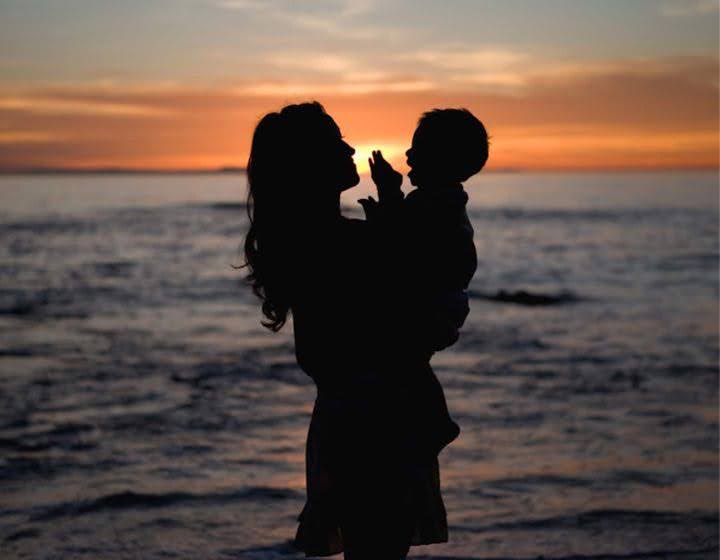
I’m still the same Mum who once sat rocking a baby in the dark, wondering if she’d ever feel like herself again. But I’m no longer in that place. I came through it—slowly, messily, and with help. Healing wasn’t linear, and it wasn’t about a quick fix. It was about understanding myself more deeply, learning how to regulate my nervous system, looking out for triggers and regaining strength in myself.
My evolution to becoming a counsellor has been shaped by all that I have lived through and the things I have come to value deeply. I bring everything I’ve learnt (both through academic study and my own life experience) into the space I now hold for others. My hope is to walk alongside anyone finding themselves amid a storm – whatever form or intensity that takes – and to remind them that they are not alone, and healing is possible.
Read more: Resources for Miscarriage and Pregnancy Loss in Singapore
Read more:






 View All
View All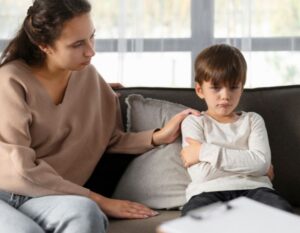

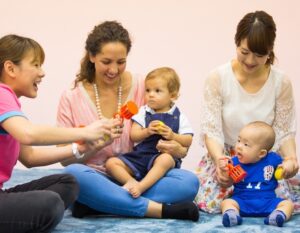
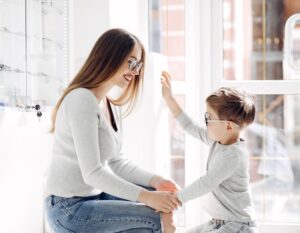


 View All
View All

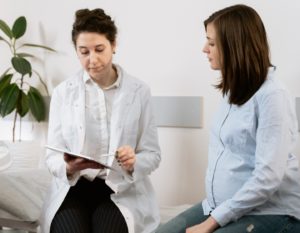








 View All
View All

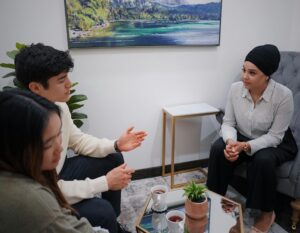
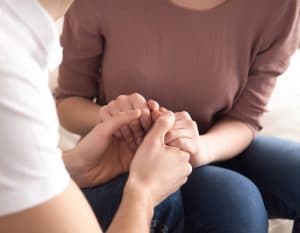
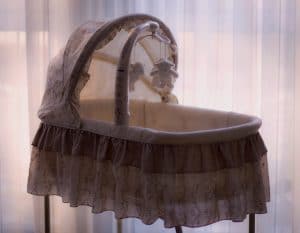
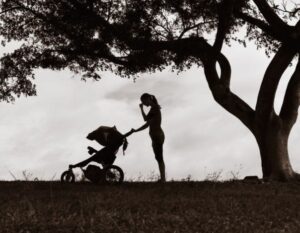


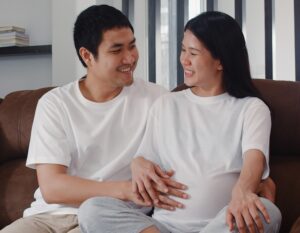
![[𝗙𝗜𝗥𝗦𝗧 𝗟𝗢𝗢𝗞] 𝗚𝗶𝗮𝗻𝘁 𝗠𝗶𝗱-𝗔𝘂𝘁𝘂𝗺𝗻 𝗟𝗮𝗻𝘁𝗲𝗿𝗻𝘀 𝗮𝘁 𝗚𝗮𝗿𝗱𝗲𝗻𝘀 𝗯𝘆 𝘁𝗵𝗲 𝗕𝗮𝘆 (𝗙𝗥𝗘𝗘 𝗘𝗡𝗧𝗥𝗬!)
Ang Ku Kueh Girl and friends have taken over the Gardens! Journey with them as they bring you through Singapore's fishing village past to today's common HDB sights. We love how wholesome the lanterns are this year, and it was definitely nice spotting the iconic plastic and paper lanterns of our childhood!
Parent tips: The kids will love the carnival games, and there are F&B stalls onsite for hungry tummies. Just be prepared for lots of walking and bring those portable fans for a more comfy experience.
Link in bio or comment "Light" for more info and pics!
𝗪𝗵𝗲𝗻: 22 September - 12 October 2025, 6pm - 10pm
𝗪𝗵𝗲𝗿𝗲: Golden Garden, Supertree Grove & Bayfront Plaza, Gardens by the Bay
𝗛𝗼𝘄 𝗺𝘂𝗰𝗵: FREE!](https://www.sassymamasg.com/wp-content/plugins/instagram-feed/img/placeholder.png)
